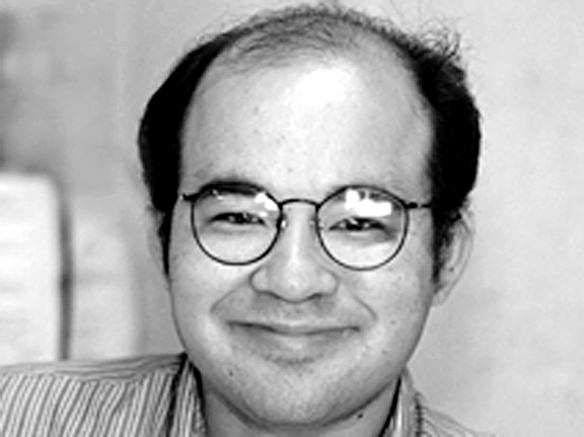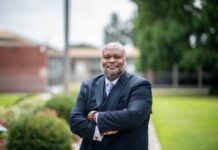At the time of the American Revolution, the Founding Fathers debated and discussed how the new nation would operate. How would it be different from the British Empire? How could they secure liberty, democracy and freedom, while still keeping argumentative states unified?
Of particular concern was the concept of the “Tyranny of the Majority” — in other words, could any government, even one composed of democratically-elected representatives of the people, avoid becoming overbearing and tyrannical?
At the time of the American Revolution, the Founding Fathers debated and discussed how the new nation would operate. How would it be different from the British Empire? How could they secure liberty, democracy and freedom, while still keeping argumentative states unified?
Of particular concern was the concept of the “Tyranny of the Majority” — in other words, could any government, even one composed of democratically-elected representatives of the people, avoid becoming overbearing and tyrannical?
This was no mere academic discussion. After all, Great Britain had a parliament, but that parliament failed to treat the American colonials as equals. (Calling King George III a tyrant was always an oversimplification.)
The Founding Fathers admired the Ancient Greeks, with their democracy. But the Greeks also invented ostracism — the idea that if enough citizens hated a person enough, they could vote them out of town.
The Medieval city-state of Florence was a republic, with a city council in charge. This enlightened, and artistic Repubblica Fiorentina was at the heart of the Italian Renaissance. But when one of Florence’s major political parties gained dominance over the other, they exiled the political losers from the city.
Clearly, democratic elections and voting are no guarantees of good government. America’s founders knew this. They liked democracy, but worried about anarchy and mob rule.
When you consider all of the pitfalls, it makes sense that it took a couple of tries to get the U.S. Constitution right. The first version, the Articles of Confederation, was an anti-government libertarian’s dream document — and it failed miserably. It was too weak, gave the states too much power to fight amongst themselves and gave the central government no power to do just about anything.
The replacement to the Articles of Confederation is the rule book we still use, although we have been tinkering with it and perfecting it.
Thanks to the Constitution, we have majority rule but also minority rights. An early example of this can be found in Article VI of the Constitution, which states that “no religious test shall ever be required” for any elected or appointed government position. In other words, you can’t demand that a government official be Christian. You can’t keep atheists, Jews, Muslims or others out of office.
This restriction on state-sponsored religion was in place before the First Amendment’s freedom of religion was made law.
Of course, other issues of equality took longer to resolve. When America first got started, we resembled Athens in more ways than one — we also had slavery and we placed huge limits on who could vote. However, it is to our credit that we overcame these initial mistakes.
Equality is an important part of an fair, honest and democratically elected government. How can an election be honest if my vote does not count the same as yours? How can a government be fair if diverse viewpoints are not allowed?
In the end, what separates us from our predecessors is that we strive to treat all citizens as equals — regardless of race, gender, ethnicity, political positions, religious beliefs or orientation. We do this not because it makes people feel good about themselves. We do it because it is good for our nation and good for democracy.
History is full of examples of oppression leading to riots, revolts and bloody revolution. But we embraced diversity and avoided those pitfalls. We would do well to remember that lesson in the future.
James Fujita is a former GVN news editor. He works as a copy editor for the Visalia Times-Delta in California’s Central Valley. Fujita can be contacted at jim61773@yahoo.com.



















